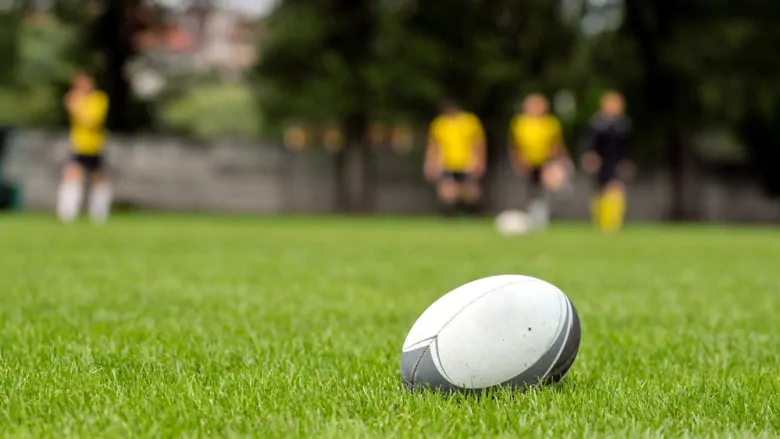David Speirs know how much effort it takes to win the big game.
He represented Team Canada in the Rugby World Cup in 1991. Last year, he coached the Collingwood School senior boy's rugby team from West Vancouver to a provincial championship.
So when he heard the Nova Scotia School Athletic Federation had planned to cancel public school rugby amid safety concerns, one of the first things he thought about was his own team.
"It was a complete shock that they could suddenly out of the blue just cancel an entire sport — it seemed a pretty big overreaction," he told CBC News. "It would be absolutely heartbreaking to the boys that I coach, because they put in so much work."
The attempt to ban rugby in Nova Scotia was ordered to be reversed by the province's education minister, but safety concerns — particularly for head trauma — still loom.
But B.C. has no plans to move toward a ban of any sort. Instead, plans are in motion to expand public school program offerings, while also strengthening concussion management and education.
Expanded programs
According to B.C. School Sports (BCSS) — the governing body for high school sports across the province — there are 4,535 high school students that play rugby across more than 100 schools in B.C.
Executive director Jordan Abney says rugby 15s has been a part of the public school system in B.C. for the bulk of BCSS's history.
Last month, the board voted in favour of adding rugby sevens to the school sports program on a trial basis beginning next season
"We feel comfortable in doing so because of the pieces we've put in place to address some of the concerns and risks that inherently come with a sport like rugby," Abney told CBC News.
Improved training
Among the precautions Abney says are now in place is a mandatory concussion management course for each high school coach. The program is the standard used by World Rugby — the sport's world governing body.
"This really sort of standardizes the expectation. It's pretty clear that if there's any thought a student athlete has sustained a brain injury of any type, then they are to be removed from the field of play permanently until they are cleared by a medical professional to return," said Abney, emphasizing that coaches are urged to err on the side caution.
Abney says concerns have been raised by parents in the past in regards to injury, but there hasn't been a substantial amount of complaints.
Unlike smaller provinces, including Nova Scotia, B.C. does not track the number of injuries that occur on the field.
BCSS has formed a sport medicine and athlete safety committee tasked with ensuring standards are consistent with the latest research surrounding concussions.
Coach David Speirs says officiating is also evolving to curb injuries.
"No one that I know in the rugby community is going to risk someone's future over a high school rugby game," said Speirs.

